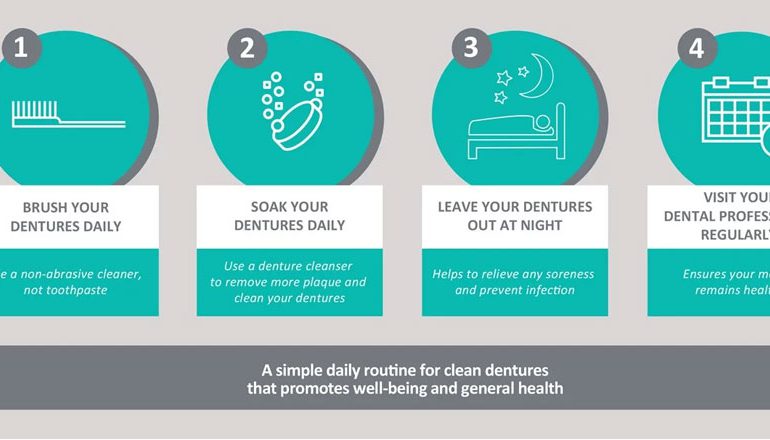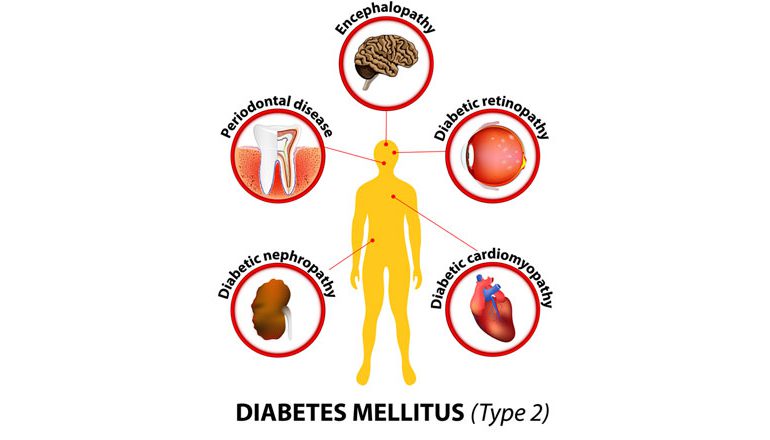Good eating habit definitely makes for good oral health, but what about eating disorders? The harmful habits and lack of nutrition that are typical of compulsive eating, starvation or purging can have severe consequences on dental health. These eating disorders can cause temporary or permanent damage to teeth and mouth.
People with eating disorder can hide their problems from family and friends but this isn’t hidden from a dentist. 90% of such cases show signs and symptoms which are first visible in mouth. Dental health refers to overall functioning of body and is especially pertaining to health of teeth and gums. Your teeth just don’t help you in talking, eating or biting, but your teeth can also speak about your overall well-being.
Dentist are becoming first line of defense when it comes to identifying their patients with any eating disorder. Here dentist approaches their patients in an effective and non-judgmental manner when talking about concerns regarding eating disorder.
How does eating disorder damage your teeth?
Nutrients that promote oral health include calcium, iron and vitamin B. If your nutrition levels are poor, gums and other soft tissue often tend to bleed easily. Insufficient calcium levels lead to tooth decay and cause its brittleness. Insufficient vitamin B can commonly cause bad breath and lead to development of ulceration in mouth. Insufficient iron levels too can lead to ulcerations. Gums can become red and swollen like almost glossy looking which is a sign of gingivitis.
The mouth can be extremely dry due to dehydration and lip can become reddened, dry and cracked. Glands producing saliva may swell and individuals can experience dry mouth. Frequent vomiting leads to production of acid which at time regurgitates and flows over all teeth. This leads to loss of outer covering of tooth because of the acidic reflux making the teeth brittle, translucent and weak. At such times eating or drinking hot or cold food becomes difficult. In extreme cases tooth nerves gets exposed and cause infection, or discoloration of tooth.
Purging can lead to scratches, redness and cuts inside the mouth. Such damage is like a warning sign for dentist as usually soft palate doesn’t get bruised easily. Such patients also have bruises on knuckles too because of the pressure applied by fingers in order to purge
On the other hand excessive eating disorders also has its own dental effects. A frequent binge and purge cycle can cause enlargement of salivary glands. This makes the glands painful which causes emotional distress. Strong stomach acid badly destroys the teeth, making them decay prone and sensitive. Such teeth are prone to fracture and loose its original shape and size.
Signs of an eating disorder in mouth
Dental professionals can help millions of people by understanding the etiology of eating disorders, recognizing the warning signs and intervening them at appropriate time. A routine dental check-up can be of great help to look up for these signs. Dentist can also show if the person is relatively new or a chronic purger. Some of these signs are:
- Tooth decay
- Erosion of teeth
- Sore throat
- Dry mouth
- Cracked lips
- Enlarged parotid gland
- Difficulty in swallowing
- Sensitive teeth
- Bleeding gums
- Decreased saliva production
- Teeth appearing translucent
- Fractured and brittle teeth
Treatment for eating disorders affecting oral health
Encourage patients to maintain meticulous oral health with regular brushing and flossing and regular dental visit. A confidential relationship has to be maintained between dentist and patient and patient should feel that dental office is a safe place to disclose their problems and accept the therapy.
Patient should be honest with their purging behaviors with the dentist. Immediate rinsing of mouth with water or sugar free mouth rinse is recommended. Brushing should be done an hour after food as actually scrubbing teeth can lead to more seepage of the acid.
Patients with dry mouth should constantly moisturize their mouth to prevent any form of tooth decay as less saliva production makes teeth vulnerable to decay.
Fluoride rinses or desensitizing or remineralizing agents may be prescribed according to the need.
Good oral hygiene
- Rinse your mouth with tap water after vomiting
- Brush from gum line towards top of teeth. This allows for bristles of brush to reach between the teeth. Use flexible toothbrush and non-abrasive toothpaste.
We can help you
Intervention by family or a dental professional can spur someone to seek eating disorder treatment. Early detection can ensure a smoother and successful recovery for overall health as well as oral health. The key is to direct individuals with eating disorder in direction of professional help
Call us or Whatsapp us at +91-9141160212 to book an appointment today! or just drop into our Dental Clinic at RR Nagar in Bangalore




